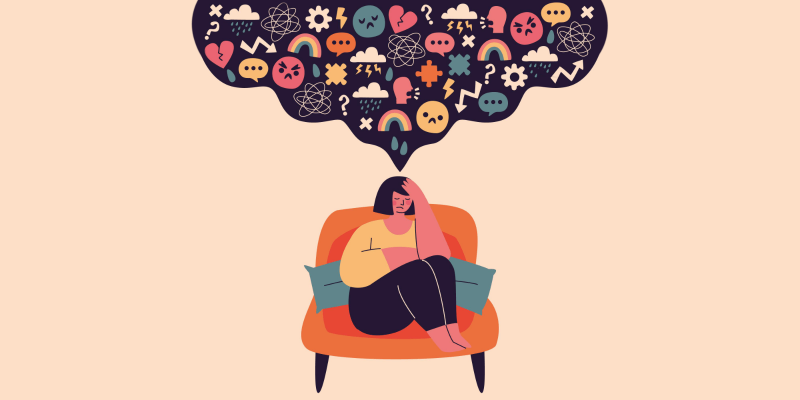Anxiety through history
The term anxiety has an ever changing image, and as time rolls on so does our opinion and understanding of the term. Originally anxiety was a survival mechanism, activated by times of stress. These were usually life or death situations in which the stress and anxiety were pivotal in development of knowledge and skills which would help survival. As humans advanced in technology and development so did our stressful situations. We began to see people affected very poorly by traumatic events such as war. While PTSD was acknowledged there was a stigma around the word anxiety. Before science had information about the disorder it was viewed as a weakness. Now there is proof of its physiologic effects on the body and more specifically, the brain. Today anxiety disorder impacts an estimated 40 million people in the United States alone. This is due to the double edged sword of more awareness and knowledge.
Stress V Anxiety

While anxiety is a common feeling in times of stress we are beginning to see a rapid increase in disorders related to anxiety. Anxiety disorder is a much more serious condition that is linked to a plethora of changes in neural physiology. Anxiety disorder symptoms consist of a constant feeling of stress, lacking concentration, irrational fear, and many other debilitating symptoms.
Anxiety disorder can be treated in many different ways depending on the severity of the disorder. In absence of medications a healthy lifestyle is very important. Eating healthy, getting exercise, and enough sleep can help prevent the development of long term anxiety and helps with symptom relief. Certain therapies and counseling are also very beneficial for many people who are experiencing anxiety. For more severe cases there are different pharmaceutical remedies available for prescription. Certain antidepressants like selective serotonin reuptake inhibitors (SSRIs) can be used. However, the most common anxiolytics are benzodiazepines which suppress the overactive chemical signaling in the brain.
Similar diseases to anxiety show a very similar pathology. PTSD for example shows a similar origin to memory modification during times of stress or anxiety. A dysfunction of the survival mechanism used to remember stressful times and solutions has led to a prolonged memory of stressful times. Glutamate release in times of stress leads to an activation of the MAPK pathway which eventually causes gene transcription. This makes a consolidation of event associated memories.
In summary anxiety is a normal bodily function which causes transcription events that increase memory in times of stress. This normally healthy process is being disrupted in anxiety disorder and other stress related diseases. There are natural ways to reduce the risk of these developing and treatment options available to help regulate the chemical signaling in the brain. What was once was a survival technique is now a serious health issue plaguing millions in the united states alone.
